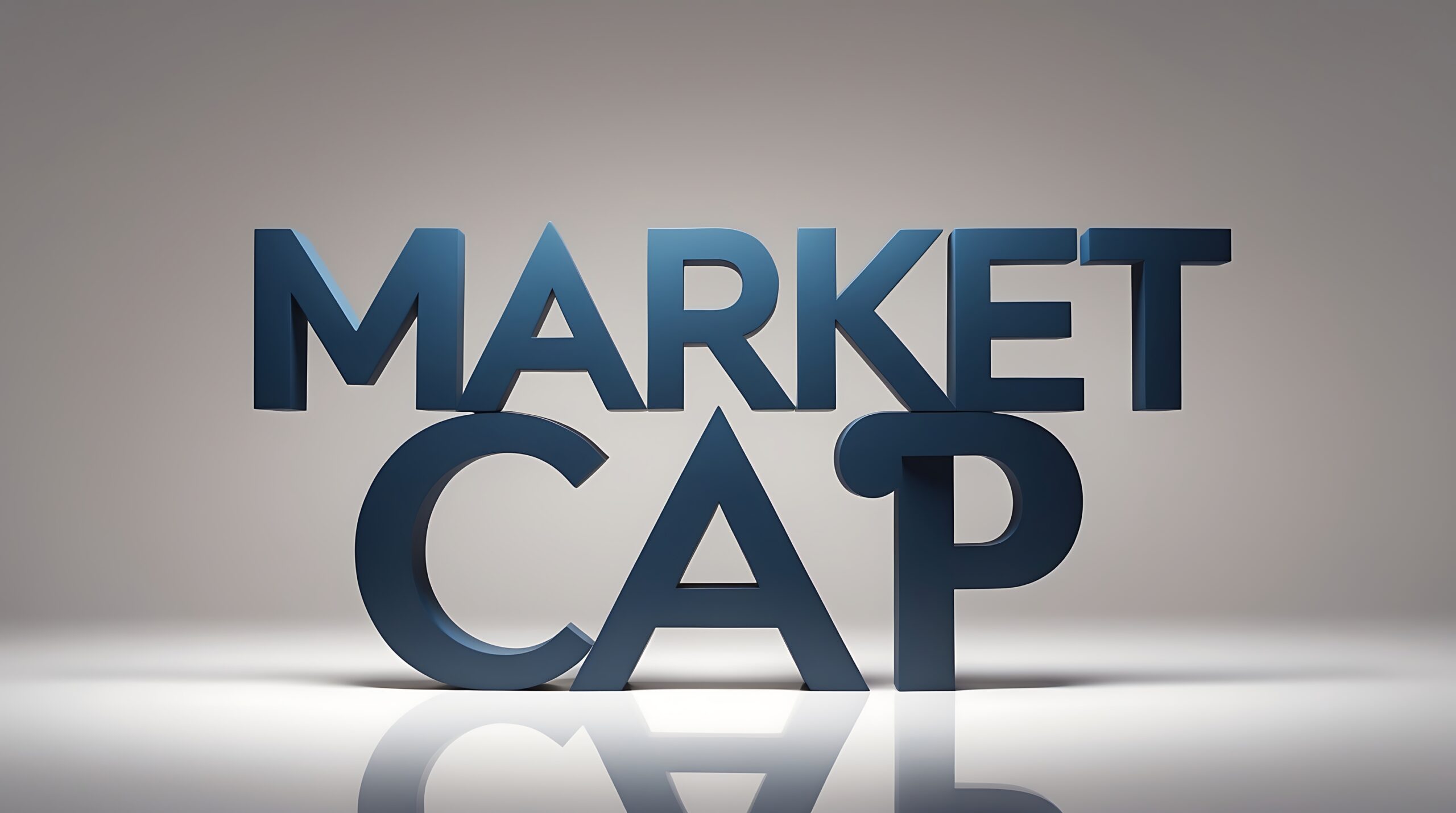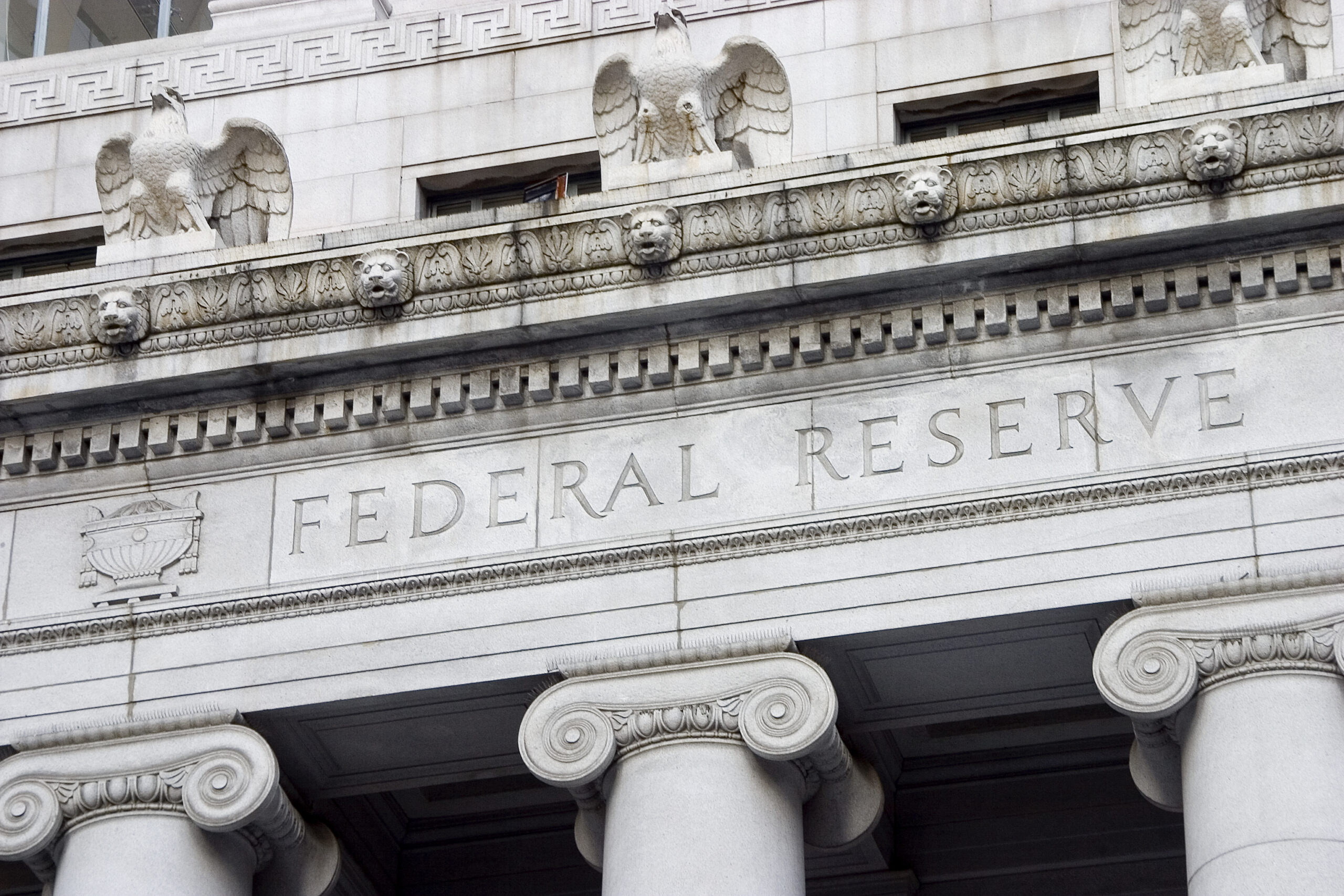It’s worth stopping whatever you’re doing and observing what’s occurring on the planet.
In South Africa, the African National Congress is out for the first time. Prime Minister Modi took a stunning Indian electoral shellacking. A wild-haired libertarian is disrupting Argentina. German incumbents wilted in June elections. The UK incumbents were historically routed.
And in France, only by conspiring to force hundreds of third-place candidates to quit races did the Macron government “survive,” an example of weirdly sacrificing democratic principles to win elections.

And here in the USA, the Democrat party may excise the electorate from the presidential selection process to “save democracy.”
Fascinating. And that’s not even my topic.
Speaking of topics, if you’re a public company and you’re reporting earnings like you did when 90% of institutional assets were actively managed, you need to rethink it. Tune in here July 11 for a NIRI webinar.
Anyway, I was listening to former Dallas Federal Reserve CEO and retired Goldman Sachs executive (still vice chair there) Robert Kaplan on CNBC talking about the economy. Paraphrasing, he said the population is aging, the country is leveraged to the hilt, interest expense exceeds a trillion dollars.
“We need to find a way to accelerate growth,” he said.
Is that true?
Human history for the most part is a catalog of the subjugation of the many by the few. Pick your empire. Babylon. Assyria. Persia. Greece. Rome. And so on. The few directed the output of the many toward objectives, often imperialistic ones. People were chattel for armies, sources of tribute for the treasury.
How do you break free (refrains of Queen)?
We’ve done it, for awhile. But the few never stop merchandising the many. And it’s happening now but less obviously, more insidiously. Tell people that growth is the only way out and people will accept inflation, which looks like growth but isn’t.
If the rising cost of eggs is inflation, what is the rising cost of stocks or bonds or homes or cryptocurrencies? Is it really something else? And how would one tell?
If we’re told that low unemployment is good and high unemployment is bad, how do we know that’s true?
You might think that it’s obvious that having a job is better than not having one. But. In the optimal economic outcome, industrious people would accumulate money, and the money would then work for them so they don’t have to work (this is the essence of the modest tome called “The Richest Man in Babylon” – worth reading).
Our human objective is unemployment – not needing to work. Not that we stop doing things. Follow me here.
What wars against that objective is the relentless pursuit of growth, which is only necessary because the few trying to direct the many blow all the money and need more of it. From you.
So they tell you you need to work, work, work. Because if you stop and they can no longer take a slice of tribute from your paycheck, they go broke and lose power.
This is the record of humanity.
Look, bear with me here. Much of this I’m writing with an air of bemusement. Still, all these observations are true.
In the real world where outcomes aren’t manipulated, prices don’t relentlessly rise. That is an artificial outcome caused by something. If prices don’t rise, you don’t need more money.
Ponder that.
When one reaches a certain age somewhere between 50-60 years, thoughts tend to turn to unemployment. Well, retiring. Right? What lingers always in the backs of our minds? Fear. We don’t have enough. The market will crash. We might have to go back to work.
These conditions exist for one reason. Money loses value. Only those who accumulate vast amounts of it can overcome the gravitational pull of inflation that keeps us working and working and working.
Like a slave army. Cough, cough.
I jest. Mostly.
But unless we stop, and contemplate how we arrived where we are, we don’t change things. Money should not lose value. Unemployment should be a goal for the industrious (and not everyone is), where your money is employed by you, not the other way around.
And the stock market is curiously the same way. Because it’s also an artifice in the sense that it depends on things that don’t exist naturally. Half the volume comes from participants who don’t want to own what they trade. They aim to take a tenth of a penny.
And as Spencer Jakab noted in the Wall Street Journal Monday (cleverly titled Where Have All the Good Stocks Gone?), the number of public companies gets smaller and smaller as the number of index funds and Exchange Traded Funds dependent on them grows ever larger.
I’ve long used the Wilshire 5000 as a gauge for issuer shrinkage (as Mr. Jakab does above). There are 3,250 ETFs in the US market, over $9 trillion of assets, says the Investment Company Institute. And less than 3,400 stocks that make the cut at Wilshire for inclusion in the Wilshire 5000 total market index.
What’s the uniting theme? In politics, the economy, the market, the few insist that they must manage outcomes for the many.
These are my musings as we commence the 249th year for the USA. I’m confident in human resilience and creativity. But the capacity of those traits to surmount what erodes them always depends on having a good look around.
PS – Don’t miss our Jul 11 NIR Webinar on Rethinking the Earnings Cycle!





